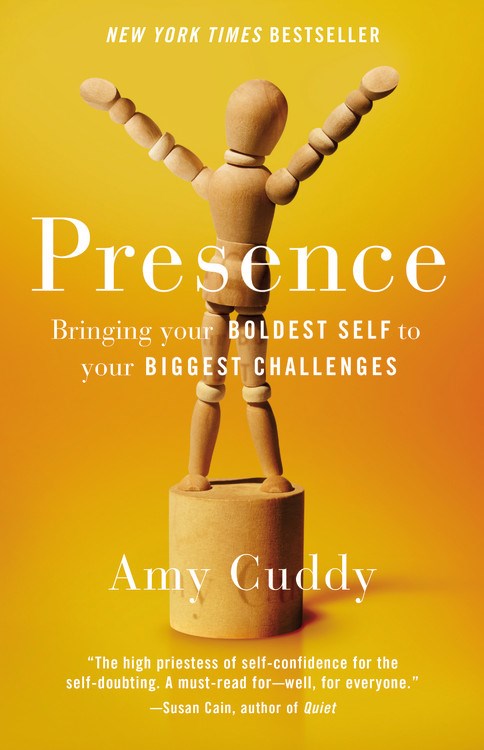Better and Faster: The Proven Path to Unstoppable Ideas

Better and Faster: The Proven Path to Unstoppable Ideas by Jeremy Gutsche, Crown Business, 272 pages, $25.00, Hardcover, March 2015, ISBN 9780385346542
In 2009 we wrote a Jack Covert Selects review of a then little-known book Called Exploiting Chaos: 150 Ways to Spark Innovation During Times of Change. It started, “Without a doubt, this is one of the best books on sparking ideas that I have ever read. Jeremy Gutsche has written and designed an excellent book for an uncertain time—a time when all of our instincts scream at us to retreat.” And we wrote another four pieces about the book after that—it was that good.
Exploiting Chaos was an important book for an important time because it taught us how to use uncertainty to our advantage. And even though 2009 was only six short years ago, it seems like an entirely different century in some respects. The economy has stabilized and for the most part workers are back to working. It’s this stability, however, that is at the root of Jeremy Gutsche’s new book, Better and Faster. More precisely, it is stability, and the comfort, routine, and repetition that stability breeds that too often dooms companies by holding back new ideas.
Using the hunter versus farmer metaphor to draw his line in the sand, Gutsche makes it clear that if business leaders operate like farmers, repeating with precision the same process year-in and year-out, those company’s leaders will simply no longer have a company to lead; business will dry up and someone else will move in. When discussing companies who have had success, Gutsche writes:
They tend to celebrate past successes and focus on optimizing tried-and-true strategies. That sense of confidence suppresses the feeling of urgency, inhibiting adaptation.
We hear a lot about disruption, to a degree that it seems people are disrupting for the sake of disrupting, which can be just as harmful as complacency. But there is no denying how quickly the business world is moving and changing, and this requires us all to continue looking for what’s next, even if it means blowing up what we have and starting over. This isn’t a new idea, and if the book ended there, we wouldn’t be writing this review. It’s what comes after Gutsche sets this all up that makes Better and Faster worth your reading time.
Gutsche spends the next 200 pages teaching us how to hunt, and by hunt, he means the ability to find new ideas and create new opportunities. We find new ideas through: Convergence: our ability to combine various trends, ideas, products, etc.; Divergence: seeing what exists and doing/making the opposite; Cyclicality: finding opportunities that are likely to predictably reoccur; Redirection: taking advantage of trends in new ways; Reduction: breaking and idea down to its core and true value, and; Acceleration: finding and identifying what does work and putting all our efforts into that.
Our favorite story in the book is one close to Jeremy Gutsche personally, as it focuses on his sister, Kyla. Kyla’s life was turned upside down by ovarian cancer, after which she dealt with disastrous attempts at post-chemo eyebrow tattoos. Determined to find a solution for herself and cancer survivors the world over, Convergence became a necessity:
First, she’d have to find pigments that could be injected into a cancer patient’s skin. Second she’d require superior techniques and equipment capable of re-creating human features, such as eyebrows, skin pigment, and three-dimensional areola. Third, she’d need to find tattoo inks that mimic natural skin tones--no easy task.
So, how did she do it? She studied under plastic surgeons, tattoo artists, and micro-pigmentations specialists all over the world, studied tattooing tactics used in prisons, apprenticed with a Japanese ink master revered by Yakuza gangsters, and used her art history training to examine sixteenth century artist Titian’s pigment combinations, to replicate human features and tones.
Littered with fantastic stories like Kyla’s—and like Gutsche’s first book, not the usual story suspects in business books—Better and Faster is also very practical and applicable. He ends each chapter with sub-patterns of each of the six ways to hunt, a summary of each method, and key takeaways that help to make Better and Faster another Jeremy Gutsche book perfect for its time, and valuable for any time.
